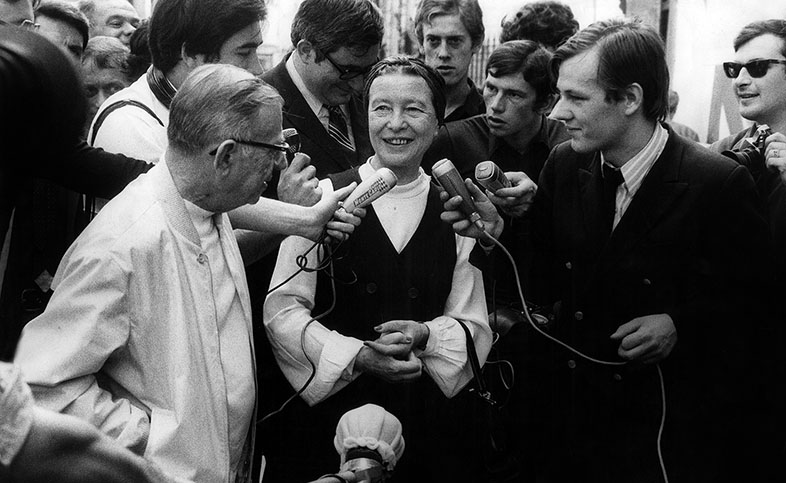Home » Course Layouts » Free Course Layout Udemy
In this course you will study the ideas of philosopher Simone de Beauvoir (1908-1986). In doing so you will also briefly study the philosophy of Beauvoir’s lifelong partner, philosopher Jean-Paul Sartre.
0
52
English
English [CC]
- Learn basic syntax that can apply to any language.
- Learn what is a programming language and the basic concepts for beginners.
- Understand what is Javascript in it's truest form.
- Know the basic syntax of Javascript.
- Know some hidden quirks in Javascript.
Description
The type of philosophy that links them is called ‘existentialism’. Beauvoir and Sartre are the foremost philosophers of French existentialism. You will read extracts of Beauvoir’s work and learn about the existential view of the human being as free and responsible for his or her actions. You will discover that Beauvoir argues that women are generally conceived of as ‘Other’, that is different from a supposed neutral human being.
This OpenLearn course is an adapted extract from the Open University course A113 Revolutionsand is part of a set of four OpenLearn courses, covering Revolutions of the Sixties.
Course learning outcomes
After studying this course, you should be able to:
- Get acquainted with the works and ideas of twentieth-century philosopher Simone de Beauvoir
- Develop an understanding of the key ideas of existentialism, its conception of the human being, freedom and the ‘Other’
- Develop your ability to analyse modern philosophical texts
- Develop your critical skills by evaluating philosophical ideas.
Course content
- Introduction 00:10:00
- Learning outcomes 00:07:00
-
- Freedom and women: Simone de Beauvoir 00:15:00
- Who was Simone de Beauvoir? 00:10:00
- The Second Sex, the 1960s and the feminist revolution 00:20:00
- What does it mean to be a woman? 00:10:00
-
- Beauvoir’s The Second Sex 00:20:00
- Women as the ‘Other’ 00:25:00
- The Second Sex and existentialism 00:30:00
- Comparison with ethnic minorities 00:25:00
- Conclusion 00:20:00
N.A
- 5 stars0
- 4 stars0
- 3 stars0
- 2 stars0
- 1 stars0
No Reviews found for this course.










